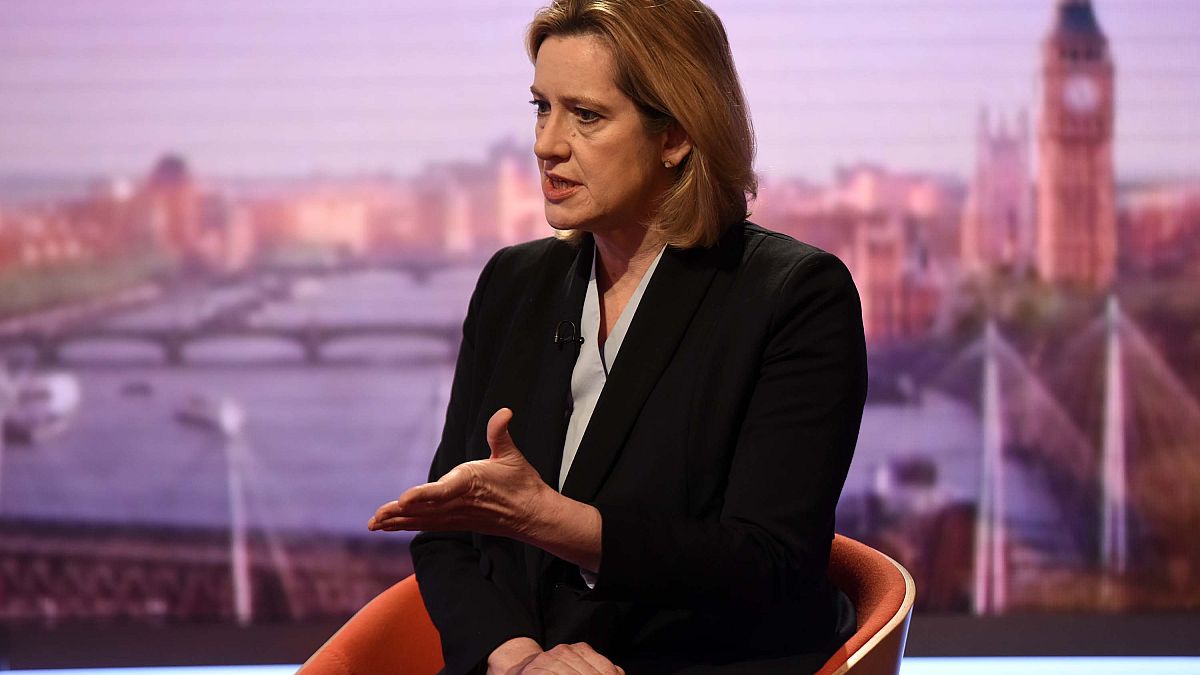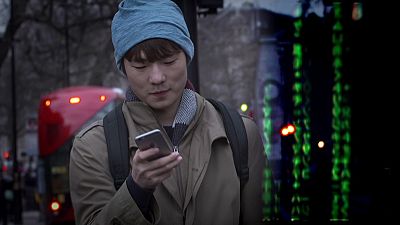Amber Rudd, the UK Home Secretary, has accused Facebook-owned communications company WhatsApp of giving terror suspects a "place to hide".
Amber Rudd, the UK Home Secretary, has accused internet-based communications company WhatsApp- which is owned by Facebook- of giving terror suspects a “place to hide”.
Rudd’s promise to “call time” on such operations comes after it was discovered the Westminster attacker’s final message was inaccessible due to WhatsApp’s end-to-end encryption system.
The Home Secretary says she has confronted firms including Facebook and Google after London police said they have been unable to access Adrian Ajao’s final text message, or even decipher who he sent it to. Rudd described the situation as “completely unacceptable”.
Rudd attacked the tech companies who are accused of creating a safe space for terrorist operations, saying: “Where there are ongoing investigations with terrorists- these people (the companies) have families, have children as well, they should be on our side”.
WhatsApp defends its policy of encryption by arguing that protecting its one billion users’ privacy is one of the company’s “core beliefs”. A source within the company explained that with the encryption system currently in use, “WhatsApp does not have access to the content of messages. Only the sender and recipient can read the messages on their devices”.
But Rudd said this is not good enough. “We would do it all (access messages) through carefully thought-through legally covered arrangements but they cannot get away with saying ‘we are a different situation’. They are not”. Rudd did not go into detail of the “carefully thought-through” plans.
Europol director Rob Wainwright agreed with Rudd, saying: “something has to be done to make sure that we can apply a more consistent form of interception of communication” related to terror suspects.
WhatsApp have a somewhat chequered history with its encrypted messages and relationship with law enforcement.
The mobile messaging application was blocked by Brazilian authorities three times in 2016, after it failed to hand over information in connection with a criminal investigation.
One competitor of WhatsApp, Telegram, also encrypt their messages but have written their software to enable police and security services to access messages when needed for criminal investigations.
However, Apple chief executive Tim Cook has said it would be “wrong” for governments to demand tech companies build “a back door” into their products.



